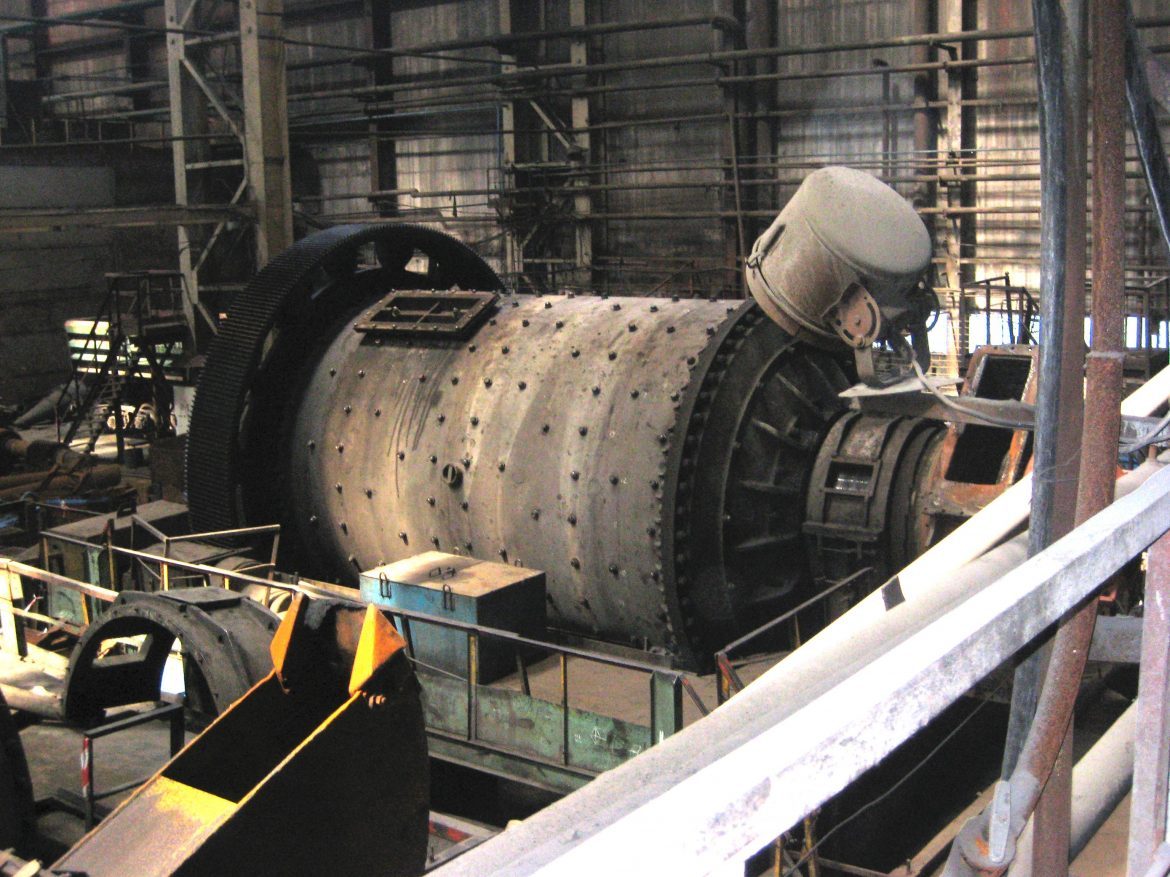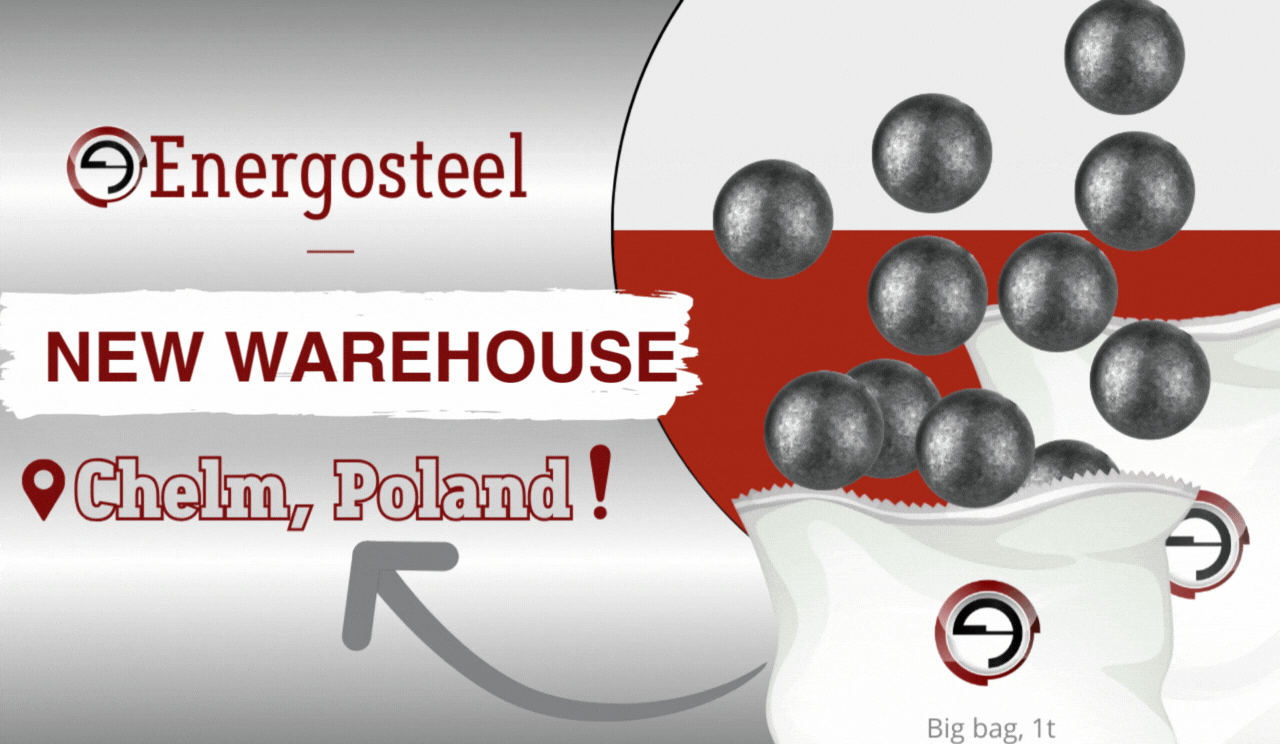We have repeatedly referred to the term “the mill filling rate by grinding balls”. At first glance, it is a simple term, which means the necessary quantity of grinding balls in a ball mill for the most effective grinding of the material.
The filling rate may be expressed in two ways in the technical documentation: by indicating the mass of grinding media or by the percentage filling by grinding media of the internal mill drum.
It is important to understand which values should be used in practice. This is particularly important in industrial trials, where every unaccounted tone of grinding balls can affect the outcome. Given the long-term nature of industrial trials, the error in the calculations increases and substantially distorts the results.
For example, the filling rate of ball mill (78 cubic meters) is 44% (according to the technical documentation for the mill). Knowing the bulk weight of grinding balls, we understand that for the efficient operation of the mill it is necessary to load 374 tons of grinding balls.
However, the internal diameter of the ball mill gradually increases during the operating time. This is especially true when using a steel lining. We understand that increasing the volume of the mill will mean that 44% will not weigh 374 tons, but, for example, 400 tons. This increase in the total mass of the ball mill may result in the breakdown of the engine, shafts and other electro-mechanical units. In addition, the change in the ratio of the mass of grinding balls to the mass of the grinding material can lead to a deterioration in the technological grinding parameters, an increase in the electrical consumption, increase in the specific grinding balls consumption, etc. These factors significantly reduce the grinding efficiency and increase the cost of grinding 1 ton of material.
In order to avoid such a situation, Energosteel’s specialists recommend:
- Determine the minimum internal volume of the mill.
- If the mill manufacturer recommends filling the mill at 30%, the calculation of the loading tonnage shall be carried out using the minimum mill capacity. Keep 30% of drum filling with grinding balls, but not more than the previously calculated tonnage.
The main rule is not to exceed this value, regardless of the volume of the inner mill drum.
We hope this information will help you in this seemingly trivial issue and the grinding process in your enterprise will be carried out as efficiently as possible.







